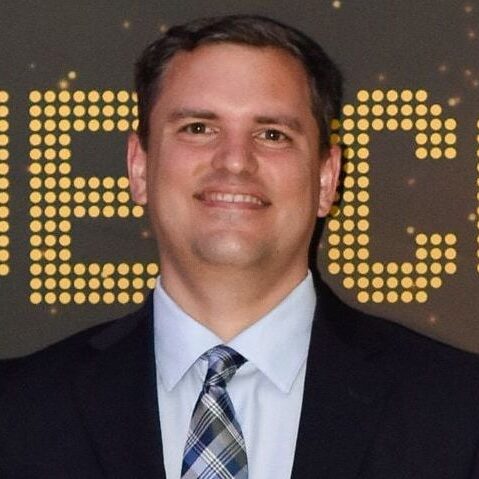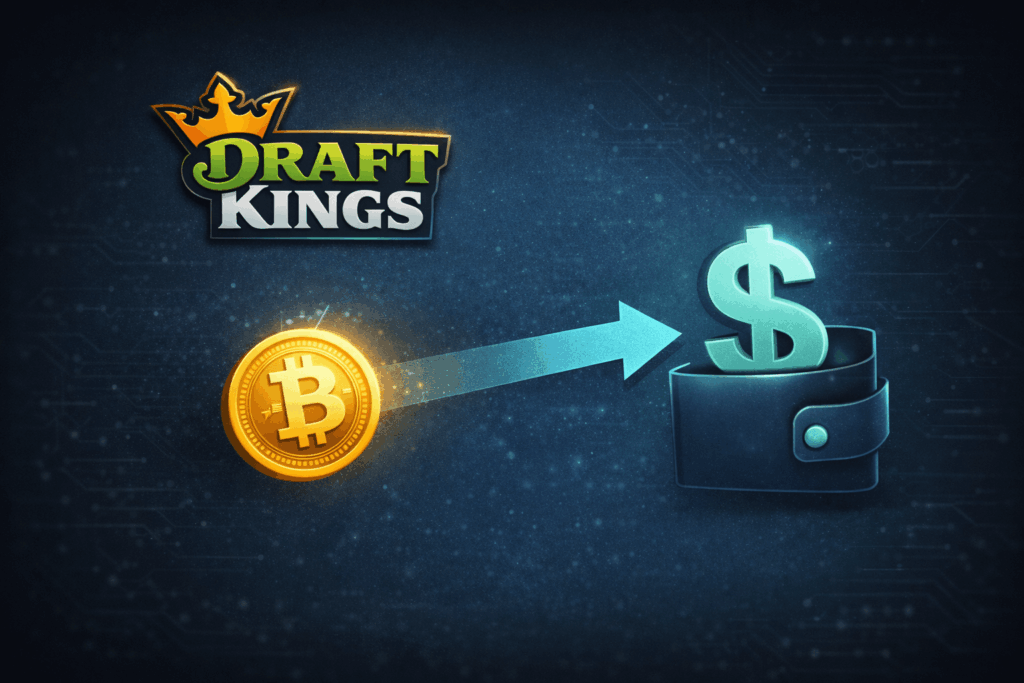CME Group, one of the world’s largest derivatives exchanges, is preparing to enter one of the most dynamic frontiers in finance and gambling: event-based prediction markets. According to Bloomberg, the Chicago exchange plans to launch financial contracts tied to sports outcomes and economic indicators by year-end, putting it in direct competition with fast-growing platforms Kalshi and Polymarket.
The contracts are expected to roll out through futures commission merchants (FCMs), including one CME is forming with FanDuel, the U.S. sports betting leader owned by Flutter Entertainment. The exchange may also distribute the contracts through other brokerages, opening the door to retail traders who have never placed a sports bet in their lives.
The move underscores how quickly the walls are crumbling between regulated financial trading and sports wagering — and how every player in the ecosystem, from sportsbooks to crypto prediction markets, is racing to define what comes next.
Prediction markets are going mainstream
Prediction markets — where users trade on the probability of real-world events — have exploded in both popularity and legitimacy over the past 18 months. Once a niche space dominated by crypto startups, it’s now attracting Wall Street giants.
Polymarket, which lets users trade on outcomes ranging from elections to NFL games, recently secured a $2 billion strategic investment from Intercontinental Exchange (ICE), the owner of the New York Stock Exchange. That deal valued Polymarket at roughly $9 billion, a staggering leap from its $1 billion valuation just months earlier.
Meanwhile, Kalshi, a regulated CFTC-approved exchange for event contracts, raised over $300 million at a $5 billion valuation, doubling its worth since mid-2024.
Together, these platforms have drawn in millions of retail traders and institutional investors — and spooked publicly traded sportsbooks. Shares of DraftKings and Flutter both slumped this fall amid concerns that prediction markets could siphon off users seeking cheaper, more flexible ways to speculate on outcomes.
Unlike sportsbooks, which lock bettors into a fixed wager until results are final, prediction markets function like mini-stock exchanges: prices rise and fall with new information, and users can buy or sell positions at any time. That dynamic trading model appeals to both the sports betting crowd and the growing population of retail traders who view markets as a form of entertainment.
FanDuel and CME: Bridging betting and trading
CME and FanDuel first announced their partnership in August, revealing plans to operate a non-clearing FCM that would facilitate access to event-based contracts on CME’s exchanges. The companies said customers would be able to express “yes” or “no” views on a wide range of markets, from economic data like GDP or inflation to asset prices like gold and Bitcoin for as little as $1 per trade.
At the time, neither company mentioned sports. But Bloomberg now reports that sports contracts are part of the plan, representing a natural evolution for FanDuel and its parent Flutter, which already operate the world’s largest peer-to-peer betting exchange, Betfair, in the U.K. and Europe.
That experience gives FanDuel a strategic edge. Flutter CEO Peter Jackson said at the Global Gaming Expo (G2E) in Las Vegas this month that Betfair’s two decades of exchange operation would allow Flutter to leverage its expertise in event-based markets in the U.S. Now, through CME, FanDuel appears ready to turn that expertise into a regulated, tradable product.
Regulatory advantage: CME’s secret weapon
While Kalshi and Polymarket have made impressive strides, both operate under unique regulatory scrutiny. Kalshi is registered with the Commodity Futures Trading Commission (CFTC), while Polymarket remains in ongoing dialogue with U.S. regulators after past enforcement actions.
CME, by contrast, is deeply entrenched in the regulatory establishment. Its global derivatives network already clears trillions in futures and options daily, from crude oil to interest rates. That institutional credibility could help mainstream prediction markets and make regulators more comfortable with sports-linked contracts that otherwise look a lot like gambling.
If CME can convince regulators that event contracts are legitimate financial instruments and not wagers, it could unlock enormous new market potential. Sports outcomes could become just another data set to trade, alongside Fed policy and inflation reports.
The race to define the future
With ICE backing Polymarket, FanDuel partnering with CME, and Kalshi sitting on a fresh war chest, prediction markets are no longer fringe finance. They’re becoming a central battleground for exchanges, sportsbooks, and fintechs seeking the next major consumer on-ramp to markets.
For bettors, it could mean more control, transparency, and interactivity. For sportsbooks, it’s a call to innovate before their users migrate to trading-style platforms. And for regulators, it’s the next test in drawing a line between gambling and finance — a line that grows blurrier by the week.










